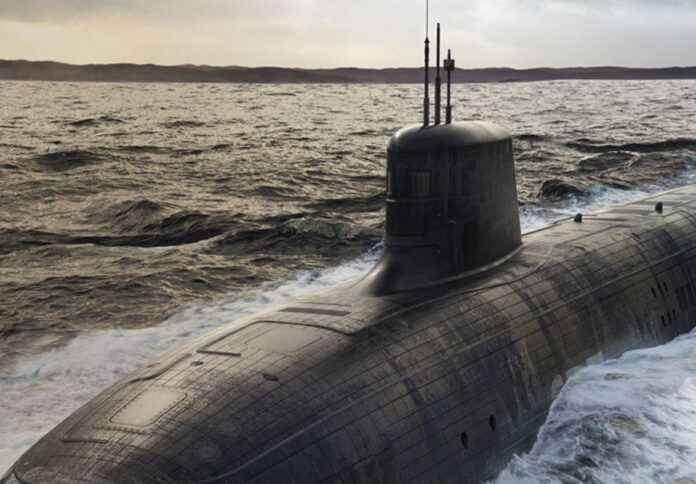
The Deputy Prime Minister of Australia Richard Marles has convened with the UK Secretary of State for Defence Grant Shapps, during a visit to Rolls Royce’s nuclear reactor manufacturing facility in Derby.
In a media release, the government said both parties interacted with Australian industry personnel who are currently undergoing training and placement within the United Kingdom’s defence industry.
Australian industry representatives are presently engaged in three-week rotations at key institutions, including Rolls Royce, BAE Systems, and Babcock.
During the visit, Deputy Prime Minister Marles had the privilege of touring the Rolls Royce facility and witnessing the fabrication of the first nuclear propulsion plant components for the UK’s SSN-AUKUS program.
Rolls Royce is poised to deliver complete, welded nuclear power units for the Australian-built SSN-AUKUS submarines that will serve in the Royal Australian Navy.
This intensive nine-week program affords these participants a unique opportunity to learn from leading experts in the field of submarines across these organisations.
They gain insights into the development and maintenance of some of the world’s most advanced submarine technologies.
These placements are part of a broader collaborative effort between Australia, the United Kingdom, and the United States to cultivate the highly skilled workforce essential for constructing and sustaining conventionally-armed, nuclear-powered submarines.
This initiative underscores the unwavering commitment to upholding the highest standards of nuclear safety and security.
By facilitating the placement of Australians in the shipyards and training facilities of AUKUS (Australia-UK-US) partners, Australia aims to enhance its skill base significantly.
These placements also provide invaluable insights into the skilling requirements necessary for various job functions related to nuclear-powered submarines.
The long-term impact of this initiative is the creation of thousands of jobs across Australia in the coming years and decades, the government said.
Australia’s conventionally-armed, nuclear-powered submarine program is a comprehensive national effort, offering opportunities for Australian industry throughout the nation.
It extends beyond the construction of SSN-AUKUS submarines to supporting the industrial bases in the United States and the United Kingdom.
Cooperation under the AUKUS framework enhances industrial capability across all three nations and bolsters the resilience of trilateral supply chains.
Deputy Prime Minister Marles expressed his enthusiasm for the progress made in developing Australia’s workforce to manage conventionally-armed nuclear-powered submarines.
“The development of Australia’s workforce to build, sustain and operate our conventionally-armed nuclear-powered submarines is well underway,” Marles stated.
He emphasised the collaborative effort of Australia, the UK, and the US in transferring not only technology but also essential skills, knowledge, and expertise for the secure and successful implementation of Australia’s nuclear-powered submarine program.
“I thank the UK and the US for their commitment through AUKUS to transferring not just their technology, but also their skills, knowledge and expertise for the safe and successful delivery of Australia’s nuclear-powered submarine program,” the deputy prime minister noted.
He also conveyed his gratitude to the UK and the US for their unwavering support through the AUKUS initiative and the valuable knowledge and skills transfer that it represents.




















